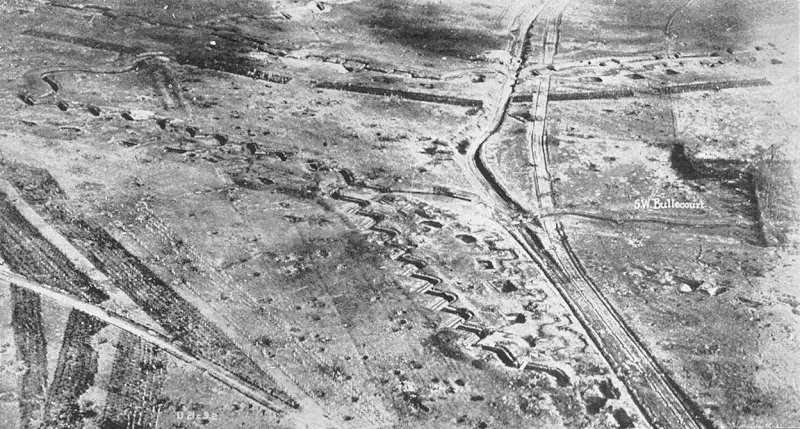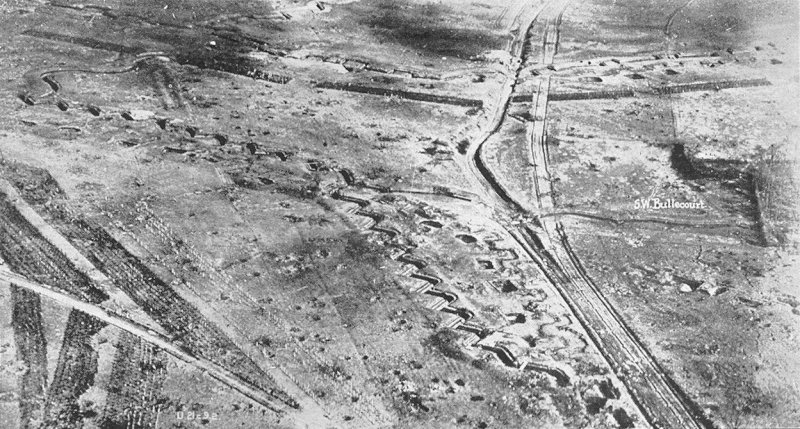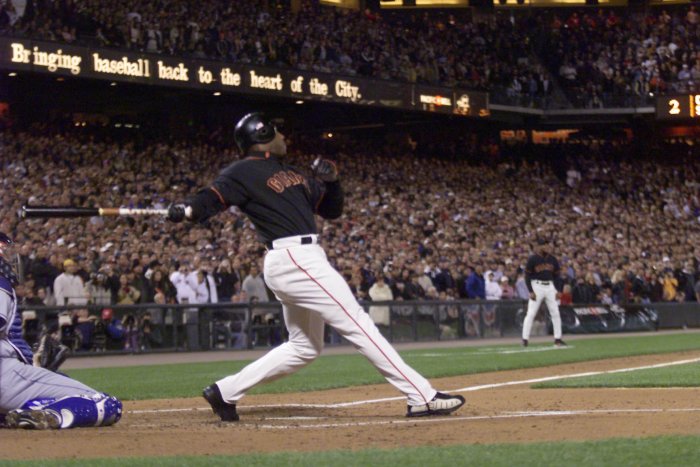Oct. 5 (UPI) — On this date in history:
In 1918, Germany’s Hindenburg Line was broken as World War I neared an end.


Oct. 5 (UPI) — On this date in history:
In 1918, Germany’s Hindenburg Line was broken as World War I neared an end.
In 1921, the World Series is broadcast on the radio for the first time.
In 1935, Ethiopia asks the League of Nations to act against Italy to halt Italy’s conquest of the country.
In 1947, President Harry Truman delivers the first televised White House address.
In 1955, the doors to the Disneyland Hotel are thrown open to the public.
In 1970, The Public Broadcasting Service, PBS, is founded.
In 1989, the Dalai Lama, who advocated non-violent struggle against Chinese domination of his homeland, Tibet, was awarded the Nobel Peace Prize.
In 1994, authorities said 53 members of a secretive religious cult called the Order of the Solar Temple were found dead — the victims of murder or suicide — over a two-day period in Switzerland and Canada.
In 2001, Barry Bonds hit his 71st home run, most by a player in one season, breaking Mark McGwire’s 1998 Major League Baseball record. The San Francisco Giants slugger finished the season with 73 homers.

File Photo by Terry Schmitt/UPI
In 2005, scientists announced that a form of bird flu that spread directly to humans was the real cause of a 1918 pandemic that killed an estimated 50 million people worldwide.
In 2010, Faisal Shahzad, who left an explosives-laden vehicle in New York’s Times Square, planning to detonate it on a busy night, was sentenced to life in prison.
In 2023, a Russian strike on a supermarket in the village of Hroza, in the Kharkiv region of Ukraine, killed dozens of people.